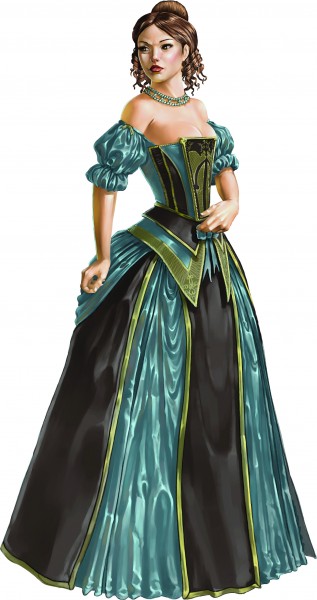I was introduced to Love Letter at Origins 2014, where it won an award for best family game. Honestly if it weren’t for Jason Hardy I wouldn’t have given the game a first look. I mean what kind of game has only 16 cards? Well Love Letter does, and it does it well.
 The object of the game is that each player is trying to have a love letter delivered to the princess who’s grieving the loss of the queen. The princess wants nothing to do with society and has locked herself in the tower.
The object of the game is that each player is trying to have a love letter delivered to the princess who’s grieving the loss of the queen. The princess wants nothing to do with society and has locked herself in the tower.
At the start of the game each player has one card in hand. At the start of a player’s turn they draw a card and play one. When a card is played the written effect is triggered. At the end of the round the player with the highest card value is the winner of the round and receives a marker indicating a letter has been delivered to the princess. The game rounds continue until one player has a predetermined number of letters delivered. The number of letters is set by the number of players.
It doesn’t sound like much does it? It doesn’t take long for a player to realize that if they don’t count and use logic they’ll lose. Then it hits you to bluff and it really begins. The combination of bluffing and deduction keeps the players engaged the whole game. There is no waiting to do something because you’re too busy studying your opponents.
I really thought that Love Letter was going to be a loser, but it turns out to be a winner largely because you don’t play the game, you play the players.



Sorry, the comment form is closed at this time.